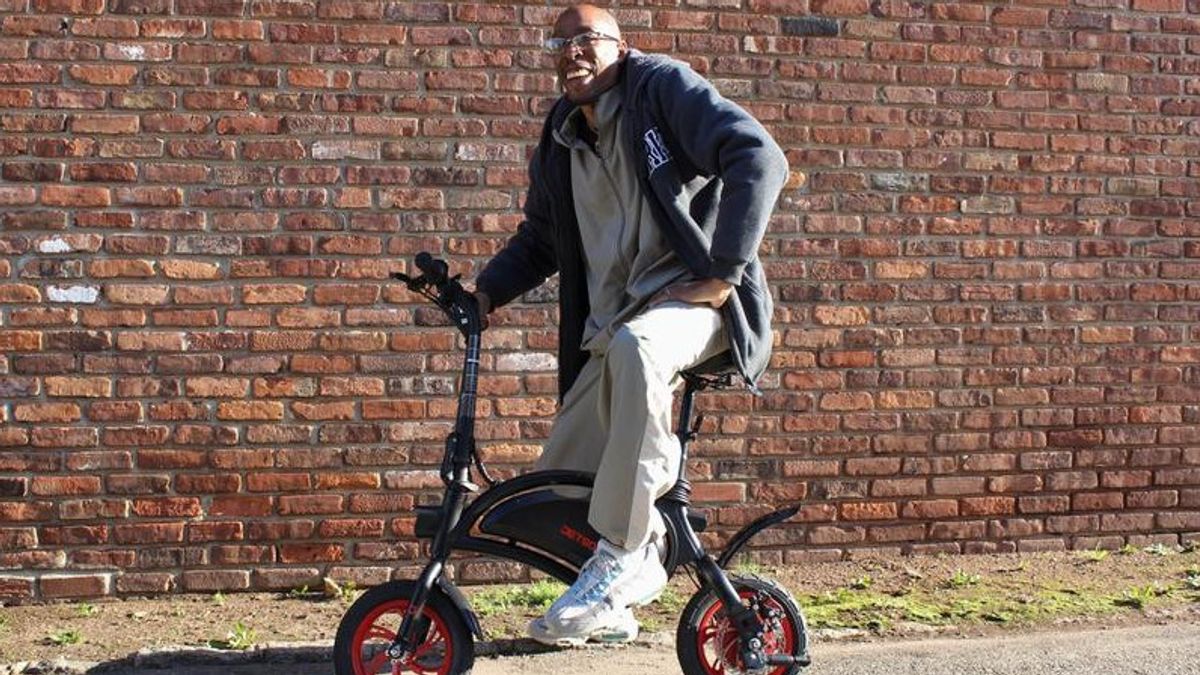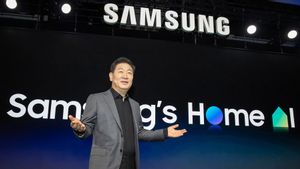JAKARTA - The online micro-mobility electric dealer, Ridepanda, has announced a new investment injection of USD 3.75 million (approximately IDR 53.8 billion) from Yamaha and Porsche. The funds will be used by the startup company to build engineering, product and design teams to improve e-commerce and B2B solutions.
Ridepanda, the San Francisco-based company, is looking to double down on strategic partnerships with delivery fleets and businesses that offer commuter benefits to employees if they buy an electric vehicle.
Last year, sales of e-bikes and e-scooters skyrocketed. A Bicycle Association report detailing the impact of COVID-19 on bicycle sales in the UK from January to October 2020, revealed that e-bike sales have more than doubled.
Between April and September, they saw a 92% YoY increase in sales. Deloitte has estimated that by 2023, e-bike sales will reach 40 million units worldwide. This business, generates more than USD 22 billion. In a market that increasingly supports electric micro-mobility options, Ridepanda's business can lead sales of electric bicycles, scooters and mopeds for both consumers and fleets.
“60% of in-car trips occur within zero to five miles. We think there's a better way to go", said CEO and co-founder Chinmay Malaviya, as quoted by TechCrunch.
“Electric cars are one solution, but we think our vehicles are cheaper, more accessible, more affordable, more practical, better for traffic jams, easy to store, easy to park, easy to fill, environmentally friendly and much more enjoyable because of the added health benefits”, says Malaviya.
San Francisco-based Ridepanda products have shipped to 48 states in the US, offering a range of light electric vehicles, from Segway-Ninebot e-scooters to Aventon e-bikes to Niu e-mopeds.
Co-founder and CTO Charlie Depman said that e-bikes are currently the most popular, followed directly by scooters. Mopeds still have room to grow. However, the Department of Defense suspects that part of the reason for the decline in sales in that category is supply chain issues related to the ongoing pandemic.
SEE ALSO:
In business, Ridepanda checks each vehicle at its location first, making sure all parts are of high quality and easy to repair and replace, something that is especially useful if a buyer has had the frustrating experience of bringing a malfunctioning e-scooter to a traditional bike shop.
When users come to the Ridepanda site, they can use an enhanced recommendation engine that helps customers choose the right vehicle for their specific use purpose. Whether it's a city trip or a suburban leisure trip and everything in between.
“A fifth of our customers don't know what type of vehicle they want when they come to our site”, Depman told TechCrunch.
“We provide you with a set of rating recommendations for your use cases and feature preferences. Next, and you will be taken to a vehicle page where we show you more about our dealer and offer maintenance plans, roadside assistance and more to make ownership easier. It's basically as easy as owning a car, but a lot of this infrastructure isn't available for light electric vehicle ownership”, said Depman.
The vehicle is then shipped directly to the customer, who can choose to assemble it or have a trained technician come to the house for in-house assembly.
It is this hands-on approach that the company wants to leverage with the new funding, specifically automating the post-purchase fulfillment process and building after-sales service in the form of the PandaCare app.
Ridepanda also seeks to create a more personal geographical approach on the product side. The laws and regulations surrounding these vehicles differ from state to state, or from country to country. Likewise with the potential for price discounts and purchase incentives.
The English, Chinese, Japanese, Arabic, and French versions are automatically generated by the AI. So there may still be inaccuracies in translating, please always see Indonesian as our main language. (system supported by DigitalSiber.id)
















